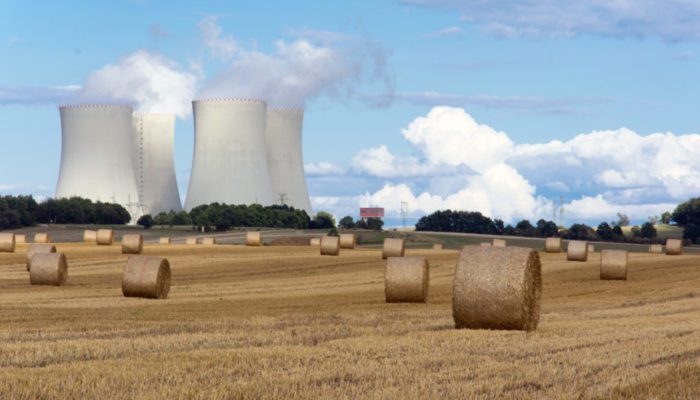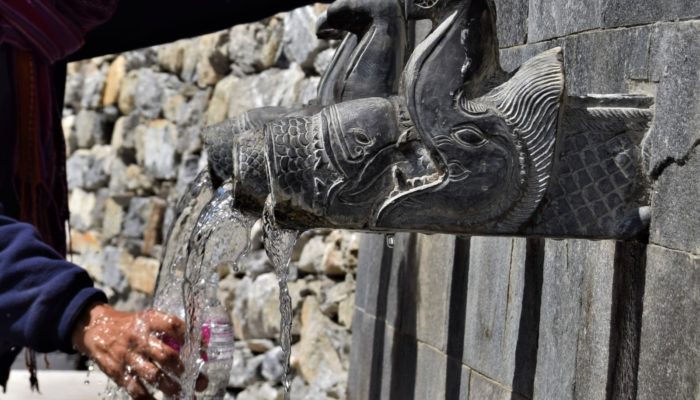How much water do you think you’re using? When you eat 200 g of beef, you are using more than 3,000 liters of water. Regular blog author Bárbara Zambelli helps us understand how we can alleviate climate-change-related water stress in countries around the world, just through our choices of consumption. [Editor’s note: This post reflects Bárbara’s personal opinions. These opinions may not reflect of ...[Read More]
The link between development and resource use

This month the GfGD blog revolved around the theme of Resources. Blog author Heather Britton explores the link between the use of natural resources and development. How feasible are the various options available to us, to reach a use of resources aligned with sustainable development? From the ideology of a circular economy, a switch to renewable resources and increasing efficiency, what might help ...[Read More]
Are we ready for water stress? The potential locations for undiscovered water sources. Investment in earthquake resilience in Tokyo and China. That and more in Jesse Zondervan’s June 2019 #GfGDpicks #SciComm

Each month, Jesse Zondervan picks his favourite posts from geoscience and development blogs/news which cover the geology for global development interest. Here’s a round-up of Jesse’s selections for the last month: As temperatures in Europe surge, one may not find it difficult to imagine water will be in demand. However, nearly one-fifth of the world’s population lives in a stressed water basin. A ...[Read More]
Climate change: to mitigate or to adapt? Managing disaster: Cyclone Fani in India, a stronger Atlantic hurricane season. That and more in Jesse Zondervan’s May 2019 #GfGDpicks #SciComm

Each month, Jesse Zondervan picks his favourite posts from geoscience and development blogs/news which cover the geology for global development interest. Here’s a round-up of Jesse’s selections for the last month: This month Cyclone Fani hit India with full force. An effective mass evacuation resulting in the loss of no human lives is an impressive disaster management feat. As disaster was averted ...[Read More]

